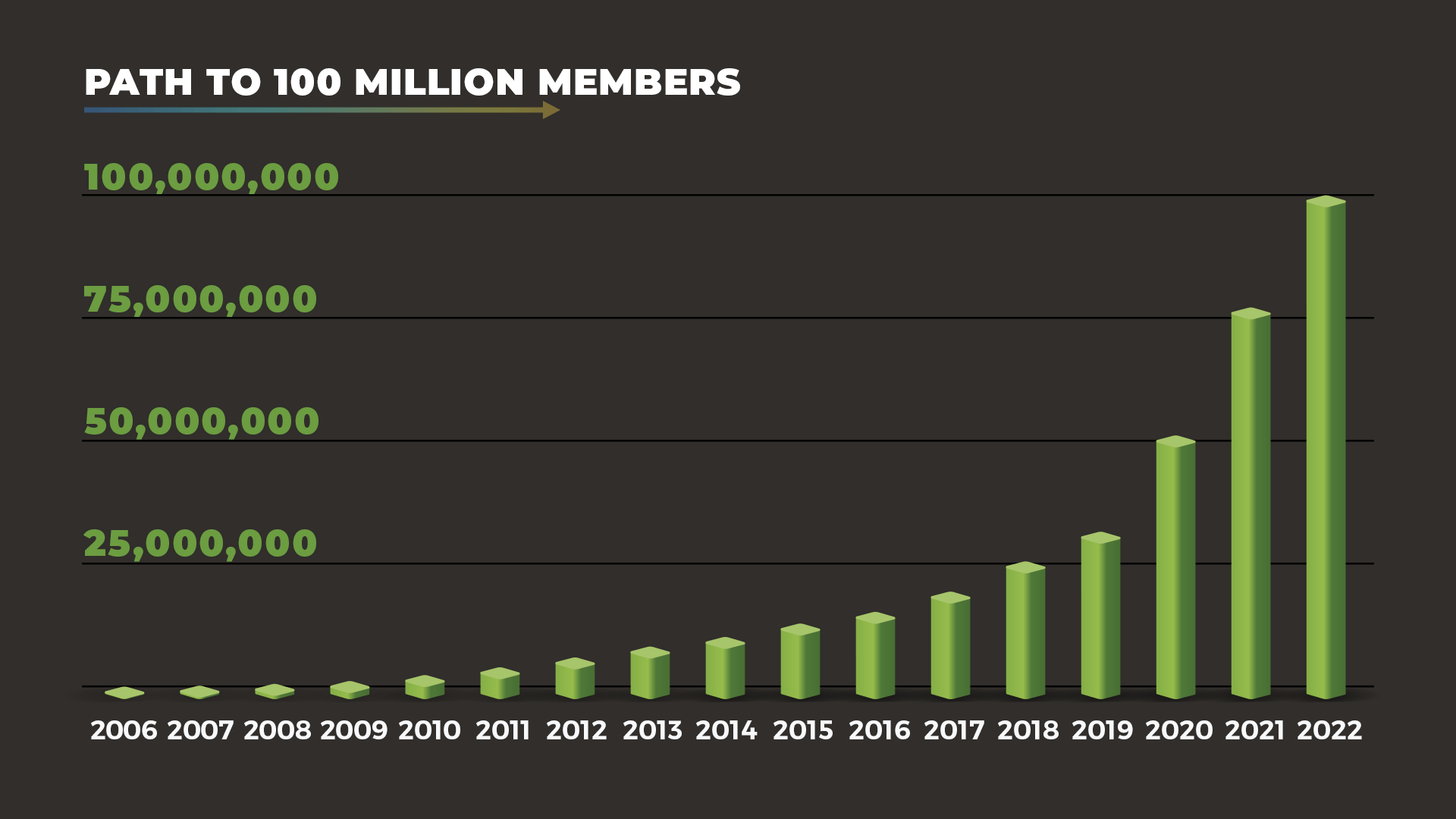Why is chess so trendy right now?
Also: three reasons why you should continue playing chess even after the trend dies out.
Everyone is playing chess right now—especially teenagers.
I've talked to my friends (from many different schools). They all report a sudden surge in the popularity of chess. These teenagers play chess during lunch, on bus rides—even during class. Chess terminology has entered the teenage lingo:
- "Ah shoot, I blundered!"
- "Hahahaha he didn't notice my fork!"
- "OMG I'm blundering so hard"
What is going on here? Why is chess so trendy?
1. How did we get here?
There are a few contributing causes:
- COVID: During COVID, everybody had to stay inside for a long time. That means teenagers couldn't go to Chick-Fil-A or trampoline parks or shopping malls[1] and they spent a lot more time on the internet. By some miracle, some of them discovered chess.
- The Queen's Gambit: This supremely popular 7-episode Netflix show was released in October 2020. 62 million people watched it, so it's unsurprising that it was responsible for a renewed interest in chess.
- GothamChess: The popular chess YouTuber and streamer has been the internet's "chess guy" since the beginning of COVID. He now has 3.37M+ subscribers and has over 1B total views on YouTube. I'm willing to bet that if you asked a random person on the street to name a chess player, most of them would say GothamChess.
- Hans Niemann: The WSJ alone has 10+ articles covering the whole Carlsen–Niemann controversy. This was crazy and drew a ton of attention to the chess world. Sure, that attention was mostly negative, because it was an alleged cheating scandal—but negative attention is still attention.
Those aren't the only causes, but they seem to be the most prominent. And the simultaneous jumps of the Queen's Gambit, COVID, GothamChess, and Hans Niemann have caused the popularity of chess to skyrocket, like a small child being quadruple-bounced on a trampoline.
2. What's happening now
Take a look at chess.com's registered members graph:

A few months ago, people weren't even able to play on chess.com because their servers were overloaded from the massive increase in website traffic.
But why, specifically, is chess more popular among teens? I have two theories:
- Ego. Teenagers, if nothing else, love to compare themselves to other teenagers, because it makes them feel oh-so-validated. Grades, height, athleticism, intelligence, and attractiveness are all things teenagers love to rank. It's only natural that chess, with its built-in ratings, can quickly and unfortunately become just another thing to compare.
- Imitation. Teenagers are also experts at imitating their peers. It only takes a few dedicated chess players at a school for chess to spread like wildfire—especially once the teenagers realize chess is actually so fun.
3. Why you should continue to play chess
I talk about this briefly in my first post:
Chess has a number of positive cognitive benefits. Many studies show that chess players have increased concentration, better problem-solving skills, increased memory, more patience, etc.
I'll highlight a specific benefit here. One 2012 study shows that students who played chess showed more achievement in meta-cognitive abilities, and mathematical problem-solving capabilities than other students who didn't play chess. The study selected:
- 86 school-boy students to play chess
- 94 school-boy students to NOT play chess and instead participate in normal school activities
After 6 months, they gave every student a math exam, and found that at a 99% confidence level, the math scores of the chess-playing students was higher than the math scores of the non-chess-playing students. The researchers suggested possible explanations:
- "Chess may help us find original/imaginative solutions to accomplish a plan."
- "Chess is very influential, since it is self-motivating."
- "Chess is an activity of boundless potential for the mind."
Seems to suggest that if you want better math grades, you should play more chess! Or, you know, you could just play chess because it's fun.[2]
- ← Previous
4 reasons to use military time - Next →
2 things I hate about Twitter